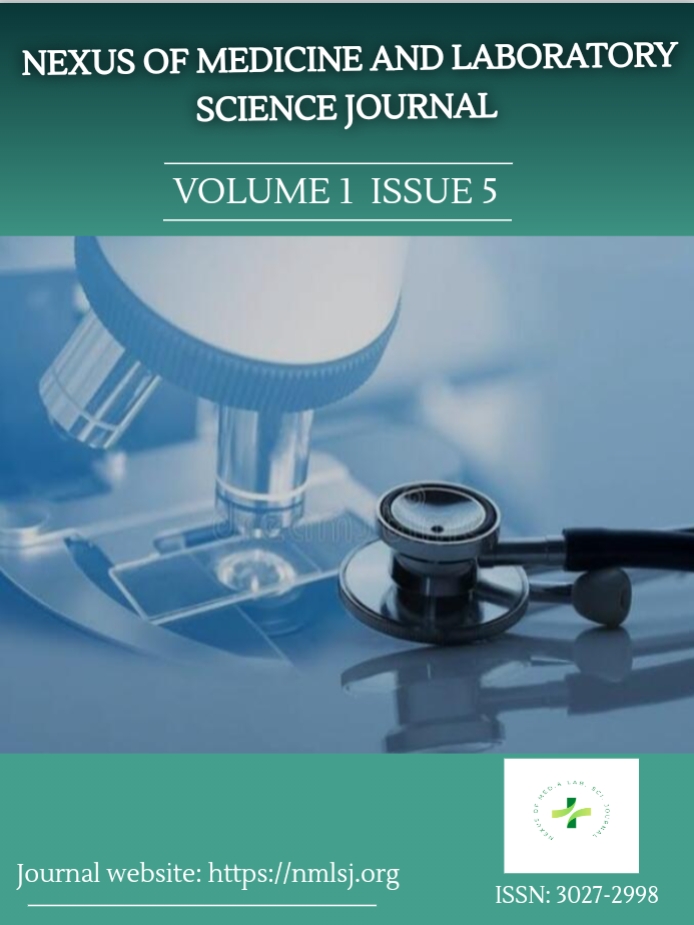Abstract
Background: Sustainable Livelihood Interventions (SLIs) have been integral in addressing both short-term needs and long-term resilience in Nigeria’s multifaceted emergencies. This systematic review aims to evaluate the impact and effectiveness of SLIs implemented in humanitarian crises in Nigeria across sectors such as agriculture, education, health, and economic empowerment.
Methods: A comprehensive literature search was conducted across databases (e.g., PubMed, Cochrane Library, Web of Science) and studies were included if they evaluated sustainable livelihood interventions in Nigeria during emergency responses. Data were extracted on intervention type, outcomes, and effectiveness. Quality and risk of bias assessments were performed using the Cochrane risk of bias tool.
Results: A total of twenty studies were included. Interventions addressing agriculture, economic empowerment, education, and health demonstrated positive short-term outcomes. However, long-term sustainability was undermined by factors such as poor governance, market access issues, and legal barriers.
Conclusion: Sustainable livelihood interventions have lifesaving potential and contribute to resilience-building in Nigeria's emergency contexts. However, their long-term effectiveness requires better integration with governance reforms, infrastructure development, and local market dynamics.

